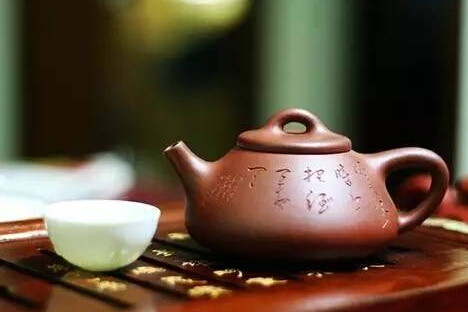
Drinking tea is a traditional Chinese culture, and many people enjoy a cup of tea in their leisure time.
But do you know about the nutritional benefits of tea?
Tea Nutritional Value
1. Tea polyphenols. Tea polyphenols are one of the main chemical components in tea. They are a general term for over 30 types of phenolic compounds in tea, with a bitter taste. Southern tea, summer tea, young tea, and green tea contain the highest levels of tea polyphenols. Tea polyphenols have anti-aging and anti-radiation effects.
2. Amino acids. The amino acid content in tea generally accounts for 1-4% of the dry weight of tea. Amino acids in tea are highly soluble in water and have a fresh, sweet taste, similar to the umami flavor of monosodium glutamate. Among them, theanine is a unique amino acid found in tea, rarely seen in other plants, and is a characteristic substance of tea trees.
3. Alkaloids. These are a class of purine derivatives containing a purine ring. The main alkaloid in tea is caffeine. The caffeine content in tea ranges from 2% to 5%. When tea is brewed, about 80% or more of the caffeine dissolves in the boiling water. Caffeine has stimulating and diuretic effects on humans, making tea a good stimulant and diuretic.
4. Vitamins. Tea contains various vitamins, mainly vitamin C, vitamin B1, vitamin B2, folic acid, niacin, and vitamin E, all of which are essential nutrients for the human body. They work synergistically with caffeine and tea polyphenols to produce pharmacological effects, offering more benefits than individual components alone.
5. Fluorides. Most foods contain very little fluoride. Tea contains relatively abundant fluoride, generally ranging from 0.002% to 0.025%. About 40-80% of the fluoride in tea dissolves in boiling water. Effects: Strengthens teeth by hardening the enamel and prevents cavities.
6. Carbohydrates in tea. The carbohydrate substances in fresh tea leaves include monosaccharides, oligosaccharides, polysaccharides, and a small amount of other sugars. Monosaccharides and disaccharides are the main components of soluble sugars in tea. The polysaccharides in tea mainly include cellulose, hemicellulose, starch, and pectin.